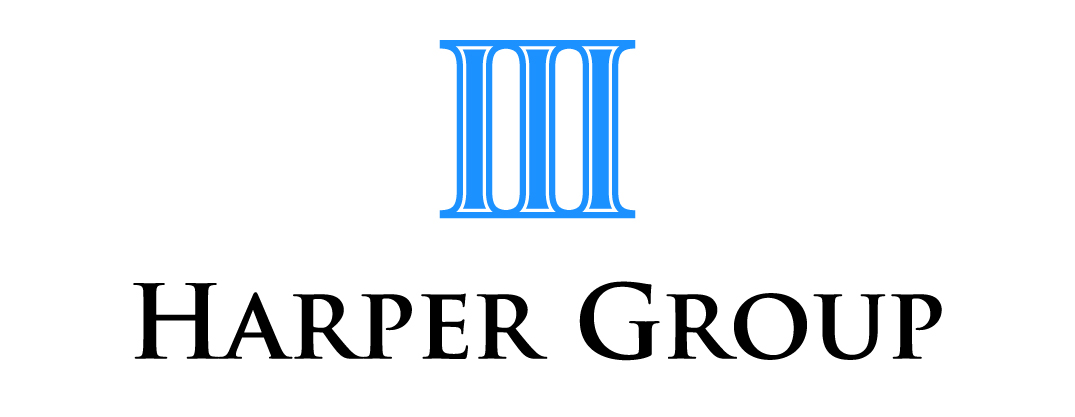Rounding of GST where fractions of a cent result
The ATO has devised special rounding conventions where an amount of GST includes a fraction of a cent. Although it labels these conventions “rules”, there is no obligation for parties on either side of a transaction to follow them, as the ATO states: “You and your customer do not need to use the same rounding rules.”
Where there is only one taxable sale on a tax invoice, the amount of GST should be rounded to the nearest cent (rounding upwards from 0.5 cents).
Where there is more than one taxable sale on a tax invoice, there are two conventions, dubbed by the ATO as the “total invoice rule” and the “taxable supply rule”:
Total invoice rule – under this rule, the unrounded amounts of GST for each taxable sale should be totalled and then rounded to the nearest cent (again rounding up from 0.5 cents).
Alternatively, if all the taxable sales on a tax invoice include an amount of GST that is exactly one 11th of the price, the business may choose to add up the GST-exclusive value of each taxable sale, calculate GST on that amount, and then round to the nearest cent.
Taxable supply rule – this rule deems that the business needs to work out the amount of GST for each individual taxable sale. Where the unrounded amount of GST has more decimal places than a standard accounting system can record, the amount should be rounded up or down as appropriate. Then the individual amounts are added up, and this total is rounded to the nearest cent (again rounding up from 0.5 cents).
Harper Group Pty Ltd – Chartered Accountants Frankston - Ph 9770 1547
Disclaimer: All information provided in this article is of a general nature only and is not personal financial or investment advice. Also, changes in legislation may occur frequently. We recommend that our formal advice be obtained before acting on the basis of this information.
Please note we at Harper Group Pty Ltd are not licensed to provide financial product advice under the Corporations Act 2001 (Cth)and taxation is only one of the matters that must be considered when making a decision on a financial product, including on whether to make superannuation contributions. You should consider taking advice from the holder of an Australian financial services licence before making a decision on a financial product.
